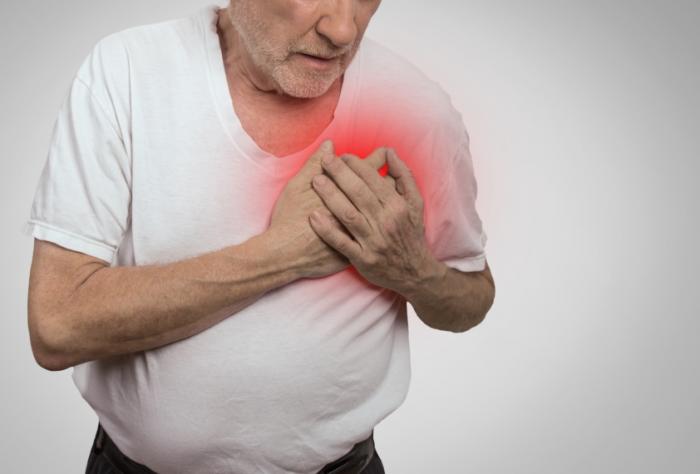Millions of people each year are affected by three different forms of coronary artery disease, collectively known as acute coronary syndrome (ACS). Several potentially fatal diseases could develop when blockages in the arteries cause stops or disrupts sufficient blood flow to the heart.
Examples of ACS are unstable angina, non-ST elevation myocardial infarction, and ST-elevation myocardial infarction.
What causes Acute coronary syndrome (ACS)?
To function, heart muscles require a consistent flow of blood that is rich in oxygen. The most frequent reason for a blocked coronary artery is a blood clot and fatty deposits in or on the coronary artery walls. .
A little more in details:
Typically, plaque buildup in and on the walls of coronary arteries, the blood channels that supply oxygen and nourishment to the heart muscles, causes acute coronary syndrome.
Blood clots occur when a plaque deposit happens. As a result, the blood supply to the cardiac muscles is cut off by this clot.
The cardiac muscles’ cells may die if their oxygen supply is too low. A heart attack is the death of cells, which causes harm to muscular tissues, known as myocardial infarction.
Even when there is no cell death, the lack of oxygen causes the cardiac muscles not to function correctly, which can be temporary or permanent. Stable angina is the medical term for acute coronary syndrome, which does not cause cell death.
Types of acute coronary syndrome
The acute coronary syndrome involves three types of coronary artery disease which can harm, damage, and destroy heart tissue. The specific type depends on three things:
- Where the blood is blocked to your heart.
- How long the obstruction persists.
- The degree of the damage it causes.
More specifically, the three types of acute coronary syndrome include:
Unstable angina. Even when you are resting, you could experience abrupt, unexpected chest pressure or pain. It happens when stable angina gets worse and serves as a heart attack indicator.
Non-ST-elevation myocardial infarction. A heart attack known as an NSTEMI can only be identified through blood testing, not an electrocardiogram (EKG). It means that your coronary arteries are not entirely obstructed but partially blocked.
ST-elevation myocardial infarction. Medical professionals can use blood tests and EKGs to identify a STEMI, which is a more severe heart attack. It happens when a large segment of your heart is subjected to prolonged, complete blockage of blood flow.
Acute coronary syndrome symptoms
Acute coronary syndrome symptoms typically appear suddenly. Some of these symptoms consist of:
- Angina, or discomfort in the chest, which is frequently described as aching, pressure, tightness, or burning
- Chest pain moving to the arms, shoulders, upper abdomen, back, neck, or jaw
- Nausea or diarrhea
- Indigestion
- Breathing difficulty (dyspnea)
- Abrupt, profuse perspiration (diaphoresis)
- Dizziness, lightheadedness, or fainting
- Unusual or unforeseen exhaustion
- Feeling anxious or restless
The most typical symptom is discomfort or pain in the chest. However, depending on your age, sex, and other medical issues, signs and symptoms may differ dramatically. If you’re a woman, an older adult, or someone with diabetes, you are more likely to experience signs and symptoms without experiencing any chest pain or discomfort.
Acute coronary syndrome risk factors
The same risk factors apply to other cardiac diseases and acute coronary syndrome. Risk factors for acute coronary syndrome include:
- Aging
- Elevated blood pressure
- High cholesterol levels
- Smoking cigarettes
- Lack of exercise
- Poor diet
- Overweight or obesity
- Diabetes
- Family history of heart disease, stroke, or chest pain
- Pregnancy-related history of high blood pressure, preeclampsia, or diabetes
- COVID-19 virus

